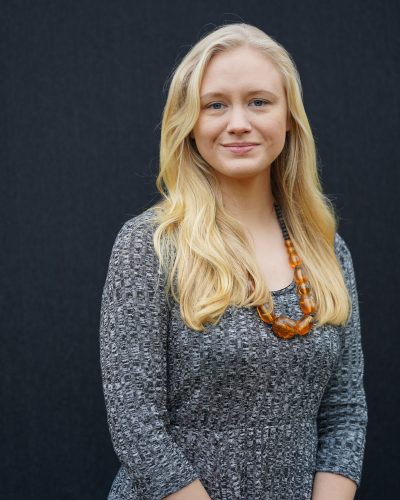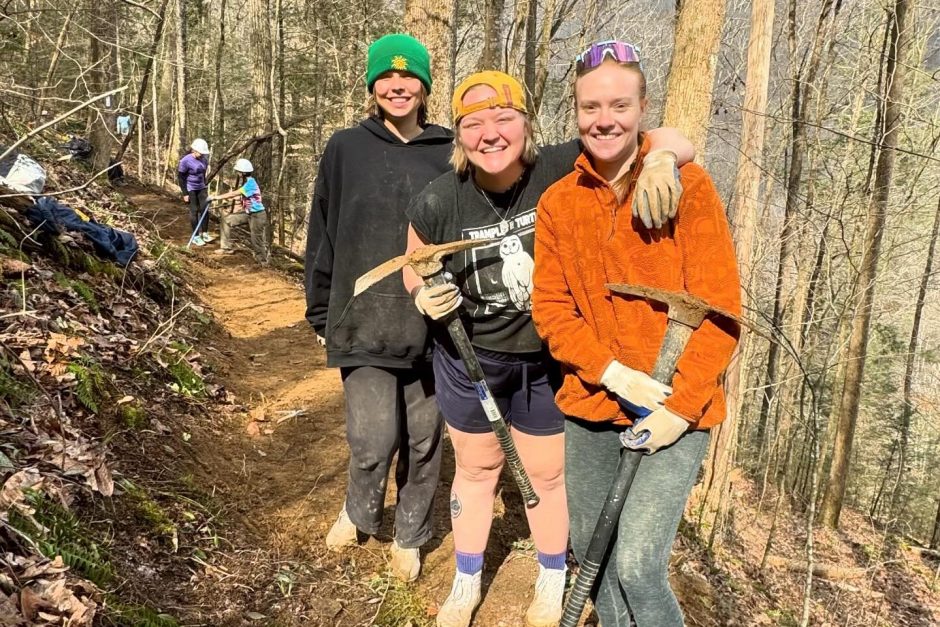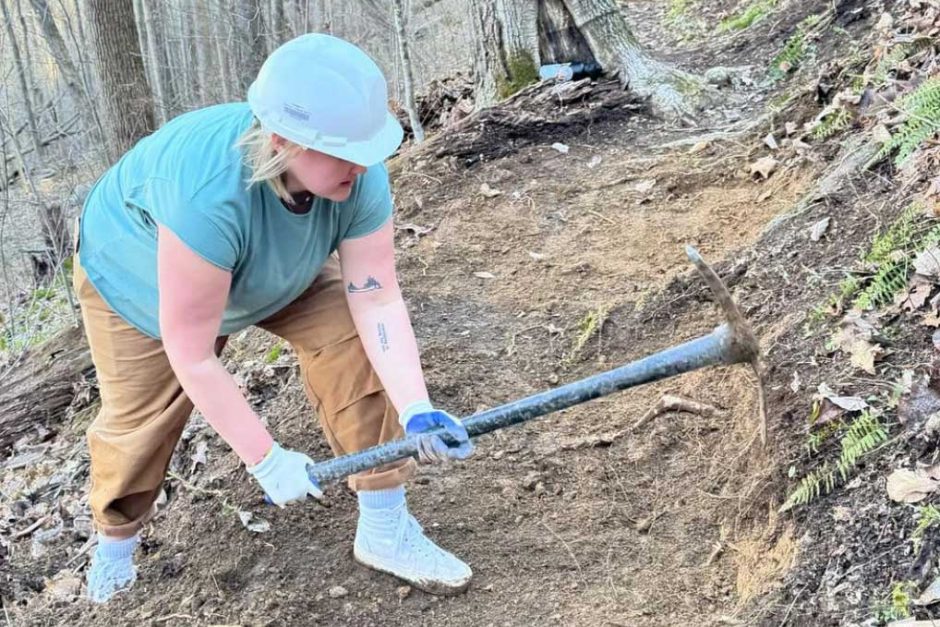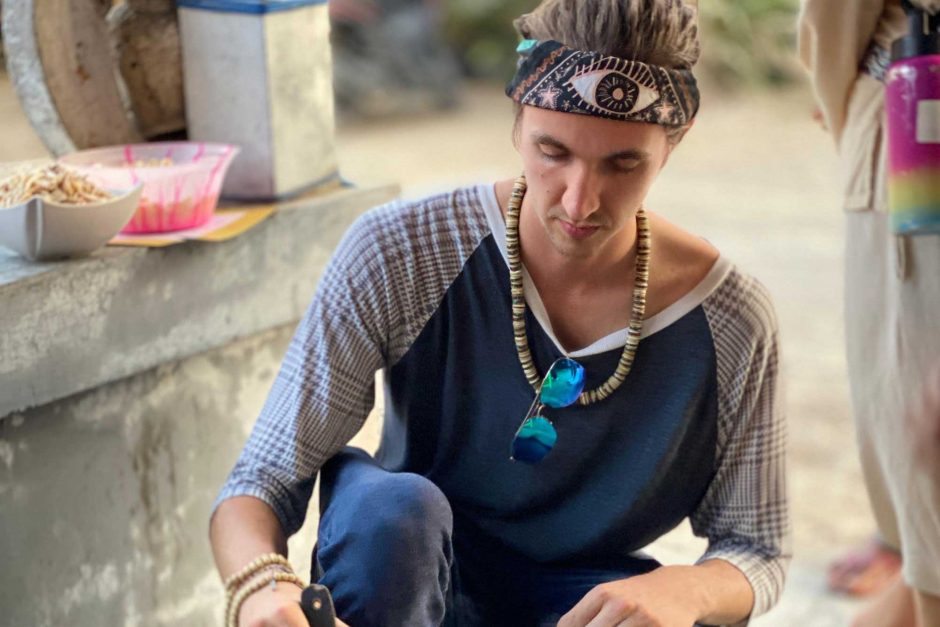Paige Brevick ’13: Safeguarding cultural heritage, antiquities
Paige Brevick ’13
Major: Religion
Bio: Ph.D. candidate at University College London and active with Circulating Artefacts Project at the British Museum and the Endangered Archaeology of the Middle East and North Africa at Oxford; director of Saving Antiquities for Everyone (SAFE)

As an undergraduate I lived in India for a semester studying public archaeology. It was here that I first witnessed the widespread crisis of temple looting and the challenges that arise in safeguarding cultural heritage. Theft occurs even at protected sites with strict anti-looting legislation. In many cases guards are involved in the trafficking of objects.
This early experience motivated me to seek training on projects related to museum ethics. I’ve worked on numerous provenance research projects and developed heritage management campaigns for communities around the world. I realized that the greatest impact combating the illicit antiquities trade was being made by specialists.
After Cornell, I worked on the Safeguarding the Heritage of Syria and Iraq project with the University of Pennsylvania, documenting damage to archaeological sites in Iraq after the war. In 2016 I became the director of Saving Antiquities for Everyone (SAFE), an organization devoted to combating antiquities trafficking by raising awareness through public outreach. I wanted specialist training in Egyptology, so in 2019 I finished my M.A. in Egyptian art and archaeology from the University of Memphis.
I am now a Ph.D. candidate at University College London, continuing my research on museums, Egyptology, and the illicit antiquities trade. Currently, I work on the Circulating Artefacts Project at the British Museum and the Endangered Archaeology of the Middle East and North Africa (EAMENA) at Oxford. Both roles require a level of specialist knowledge to identify objects and sites, whether that is Egyptian shabti figures or tombs in the Saudi Arabian desert.
I believe these projects encourage dealers, buyers, and even museums, to adhere to higher levels of provenance scrutiny, and are a small step toward site preservation efforts across the entire Middle East.
I want the memory of my life to amount to something greater than my actions as an individual. I want to help save and protect the world’s cultural heritage by counteracting looting and trafficking of antiquities vital for our understanding of early civilization.
See the full Lives of Meaning story.



